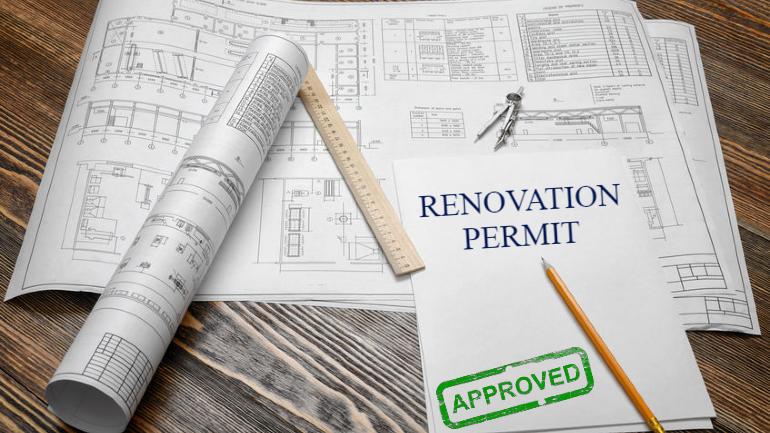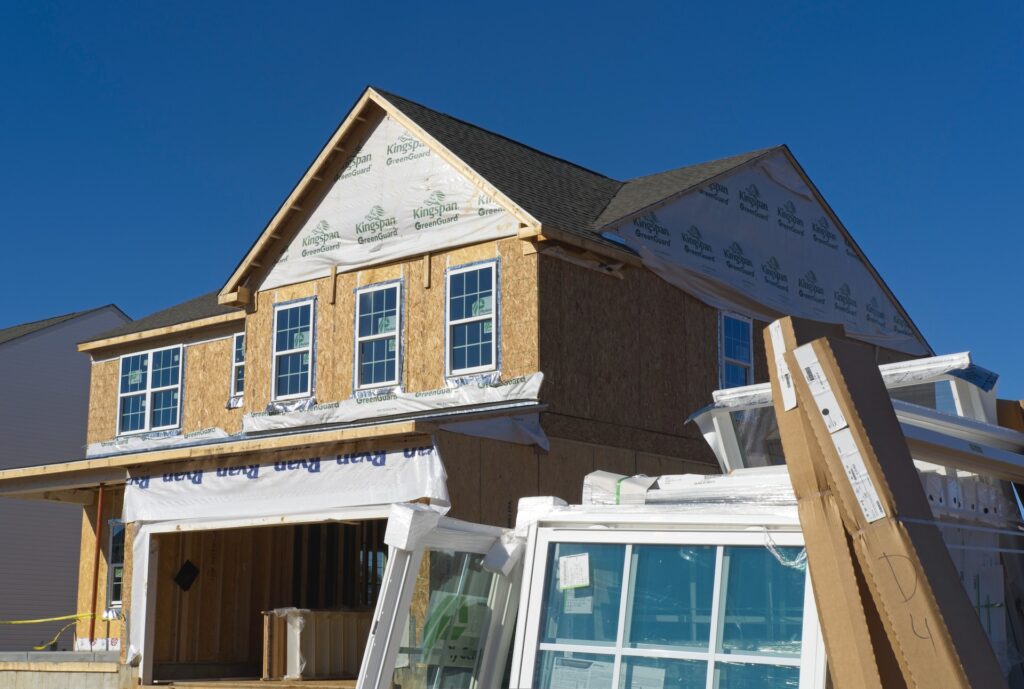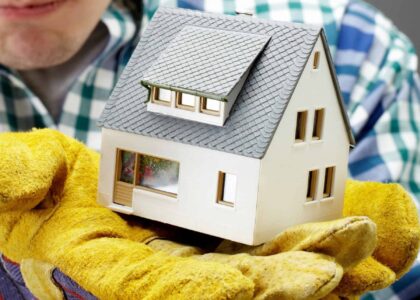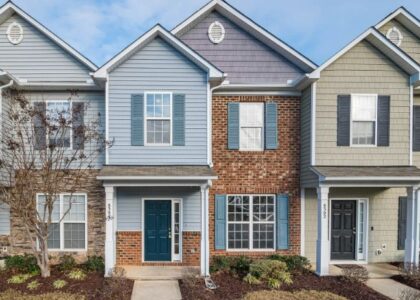Navigating International Home Renovation Laws for Expats
As an expat, embarking on home renovations can be both exciting and intimidating. Imagine sprucing up your 15-year-old bungalow, transforming it into a cozy haven for your family. However, every brush stroke and wall adjustment may require a closer look at local building codes for expats and international home renovation laws. Failing to comply can lead to hefty fines or even having to undo your hard work!
Understanding Building Codes
Each country has unique building codes that dictate what renovations can be made and how. It’s crucial to familiarize yourself with these regulations before getting started. For instance, if you’re planning on installing energy-efficient windows—especially important in regions with harsh climates—it’s essential to know the specific standards that apply.
- Verify the local building permit requirements.
- Understand safety regulations regarding structural changes.
- Check environmental laws, particularly if you’re renovating older homes.
- Consider energy efficiency standards for sustainable renovations.
Challenges Faced During Installation
While renovating my home in a foreign land, I encountered many challenges. The local authorities may request detailed documentation and even site inspections, often leading to delays. There was one time when we nearly faced a shutdown of our installation project due to a misunderstanding around window specifications!
When considering types of windows, it’s not just about aesthetics. The right choice can significantly impact energy bills and comfort levels for your children. In colder climates, double or triple-glazed windows are a game changer, while homes in warmer areas benefit from low-e glass that reflects heat.
Taking the time to understand these international home renovation laws will not only keep your project on track but also shield you from future headaches. So, whether you are updating your bathrooms or giving that old kitchen a modern twist, knowledge is your best tool.

The Role of Permits in Renovation Success
Before diving headfirst into your renovation plans, obtaining the necessary permits is often a non-negotiable step. In many countries, this can be a tedious process that varies widely based on your location. Some regions may only require a simple application for minor changes, while others might necessitate extensive architectural plans and multiple approvals.
- Visit local government websites for official guidelines.
- Consult with local contractors who are familiar with the rules.
- Join expat forums for firsthand experiences and advice.
In my own journey, I learned that patience is key. Engaging with local officials and seeking their approval not only ensures compliance but can also provide insights into other local renovation trends and materials that may enhance your project. After weeks of preparation, I found myself sitting at the table with the mayor discussing the sustainable features of my new kitchen. Who would have thought that a renovation could build such community connections?
Environmental Considerations and Sustainable Practices
As global warming and sustainability become pressing issues, incorporating environmentally friendly practices in your renovation is more relevant than ever. Many countries encourage sustainable home improvements through tax incentives or rebates, making it financially appealing for expats. Utilizing local materials not only saves on transport costs but supports the local economy and minimizes your carbon footprint.
Some eco-friendly strategies include:
- Selecting low-VOC paints to improve indoor air quality.
- Installing solar panels for renewable energy sources.
- Incorporating rainwater harvesting systems to reduce water usage.
Furthermore, understanding the local heritage and climate is crucial for choosing appropriate renovations. For example, traditional brick homes in Europe may require renovations that align with historical preservation laws, which can add an exciting layer to your home makeover.
Researching platforms that specialize in international home renovation laws, like international home renovation guidelines, can equip you with valuable information. With each renovation project, you’re not just enhancing your living space; you’re becoming part of a narrative that respects local traditions while embracing modern comforts.

Embracing Local Design and Cultural Sensitivity
As you navigate through building codes for expats, understanding the cultural and aesthetic nuances of your new surroundings is equally important. Each region has its unique architectural styles that can influence your renovation choices. For instance, in Mediterranean locales, open-concept spaces and vivid tiles play a key role, while Nordic designs lean towards minimalism and natural light. Adapting to these styles doesn’t just honor local tradition; it enhances the relatability of your home.
One common yet often overlooked element in compliance for home upgrades is the integration of local craftsmanship. Many countries boast skilled artisans whose work can seamlessly elevate your home renovation project. Enlisting the help of local contractors who are accustomed to regional styles ensures not only compliance with building codes but also enriches your home with authentic features.
As you plan your updates, consider the following factors:
- Research the predominant architectural styles in your area to inform your design choices.
- Choose local materials that resonate with the essence of your home’s surrounding environment.
- Engage local artists for bespoke pieces that pay homage to the culture.
For instance, if you find yourself in Japan, incorporating shoji screens may balance modern functionality with traditional aesthetics. Engaging with these cultural elements is rather like telling a story—your renovation becomes a narrative that flows harmoniously with your new location.
Taking the time to align your renovations not only with compliance but also with local norms can lead to rich interactions within the community. You’ll discover that your home upgrades can also enhance your living experience, forging deeper connections with your expat neighbors and local residents alike. The journey of renovation is as much about personal growth and cultural appreciation as it is about the physical space you create.





